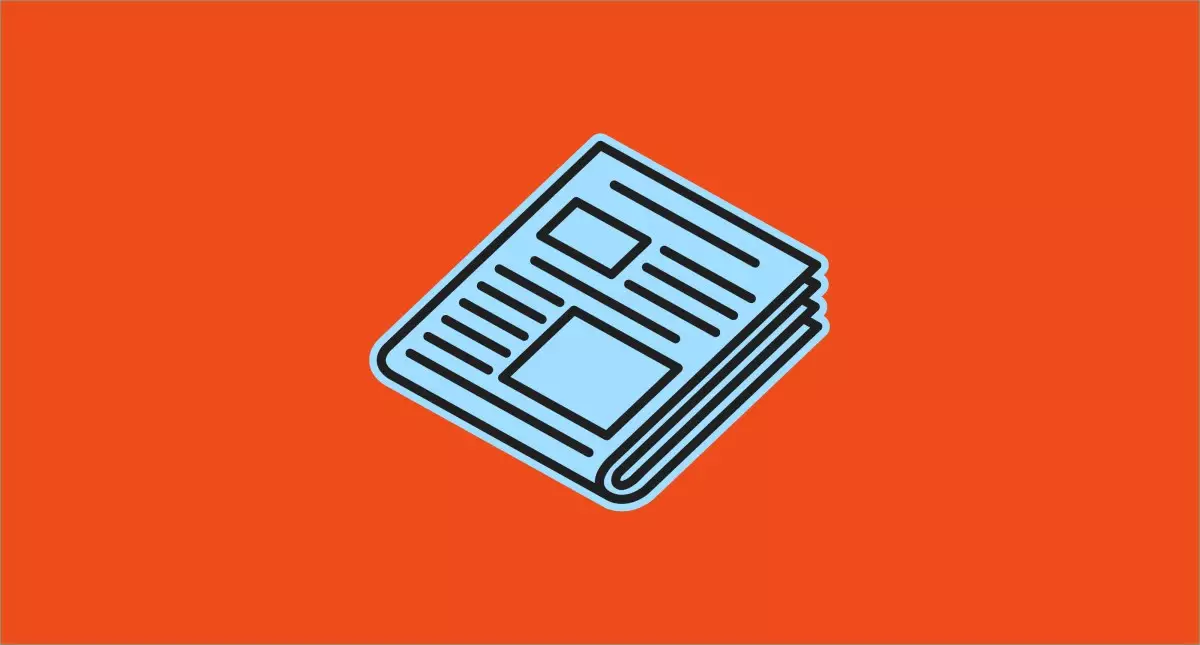The evolving relationship between technology and intellectual property rights has ignited tensions between artificial intelligence (AI) developers and traditional media organizations. Recent legal developments highlight these conflicts, particularly a lawsuit filed by prominent Canadian news institutions against OpenAI, the company behind the widely-utilized ChatGPT. The case raises critical questions about ownership, consent, and the balance between innovation and copyright protection.
The plaintiffs in this lawsuit, which includes major players like the Toronto Star, the CBC, and the Globe and Mail, allege that OpenAI has unlawfully exploited their content to train its language models. They rest their arguments on the assertion that the content utilized is not only proprietary but also produced with significant investments in time and resources by journalists and editorial staff. The lawsuit characterizes OpenAI’s actions as a blatant infringement of copyright and contends that the company has avoided the necessary legal channels to acquire this content legitimately.
The news organizations are pursuing compensatory damages and an injunction that would prohibit OpenAI from utilizing their copyrighted materials in the future. They argue that these actions are fundamental to preserving the value and integrity of their work as it pertains to the digital landscape dominated increasingly by AI technologies.
This lawsuit is not an isolated incident. OpenAI is currently confronting several copyright infringement claims from various media outlets, authors, and content creators, including The New York Times and comedian Sarah Silverman. Unlike some agreements reached between OpenAI and organizations such as The Associated Press, the Canadian companies maintain that they have received no remuneration for the use of their content, intensifying their grievances against the AI company.
The implications of these legal disputes extend beyond the specific claims of the plaintiffs. They signal a larger conversation about the ethical use of data in AI development and raise concerns about the potential for substantial harm to the traditional media landscape. The fear among news publishers is that unchecked AI development could erode their financial viability, impacting journalism’s sustainability and quality.
In response to these allegations, an OpenAI spokesperson expressed their belief that the content used for training models is within the realm of fair use and publicly available materials. They further emphasize that their objective is to strike a balance that promotes both technological innovation and respect for creators’ rights. They reference collaborations and partnerships aimed at offering pathways for content creators to manage their involvement with AI applications.
OpenAI’s positioning speaks to the broader issue of how fair use is interpreted in the context of AI development. As AI systems become more integrated into everyday life, the lines around fair use versus copyright infringement will continue to blur, necessitating clearer frameworks for media companies and AI developers alike.
The legal action undertaken by Canadian media organizations against OpenAI serves as a bellwether for the future of copyright in an increasingly digital and automated world. As AI technologies evolve, the need for robust legal frameworks that safeguard intellectual property rights while fostering innovation becomes imperative. Policymakers, technology developers, and content creators must work collaboratively to ensure that the rapid advancement of AI does not come at the expense of established rights, paving the way for a future that respects both creativity and technological progress.

